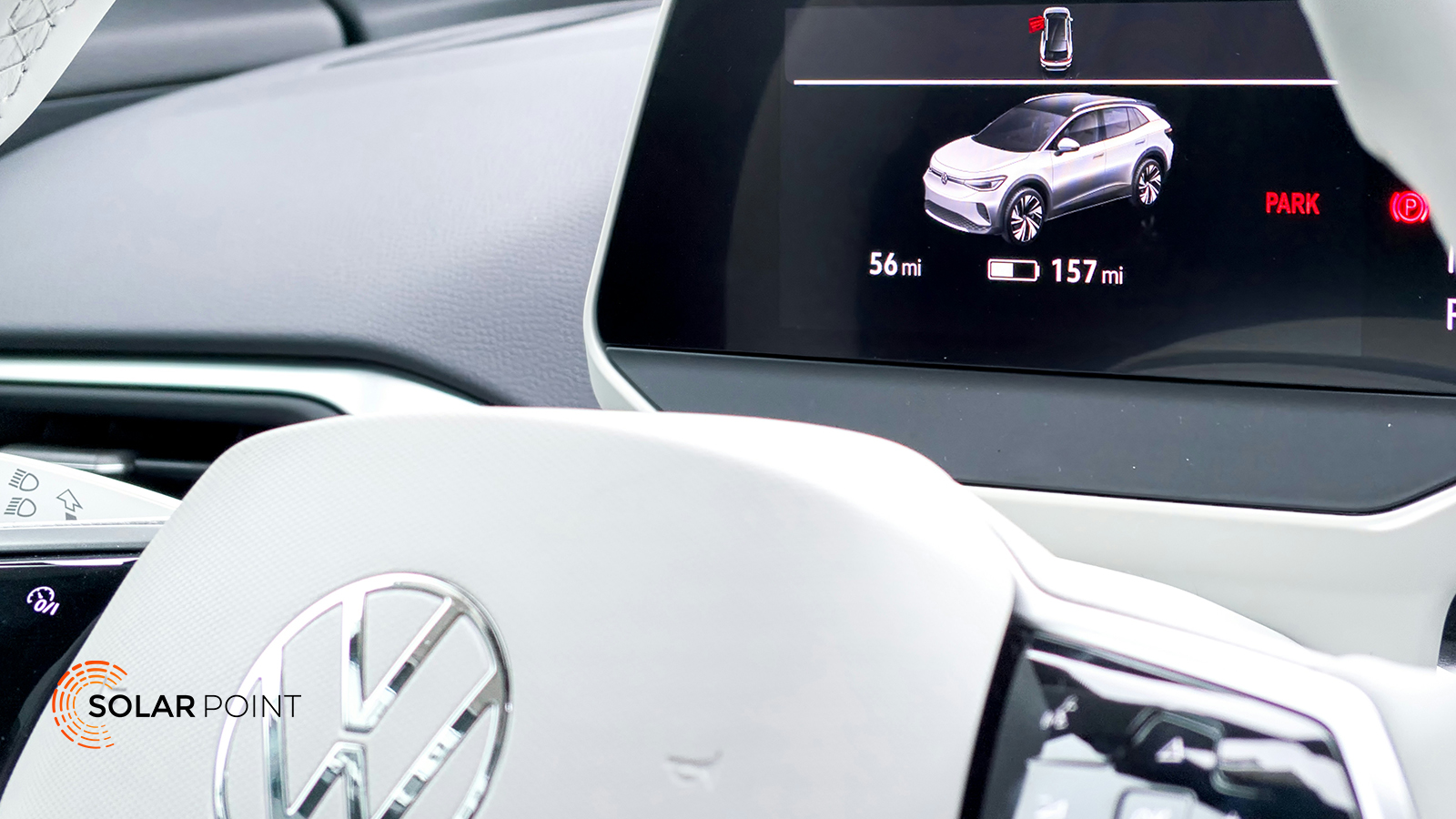Difference between electrical car lithium battery and home storage lithium battery

Difference between electrical car lithium battery and home storage lithium battery
- Voltage and Configuration
One of the primary differences between lithium batteries used in electric vehicles (EVs) and those used for home energy storage is their voltage and configuration. Electric vehicle batteries typically operate at a higher voltage per cell, around 3.7 volts
These batteries are designed to deliver high power output to propel the vehicle efficiently. In contrast, home storage batteries often operate at standard voltages like 12, 24, or 48 volts, which are more suitable for integrating with home electrical systems
- Capacity and Energy Density
Electric vehicle batteries generally have much higher capacities compared to home storage batteries. For instance, the average battery capacity for EVs in 2023 ranged from 21 to 123 kWh, with an average of 80 kWh
This high capacity is necessary to provide sufficient range and performance for vehicles. On the other hand, home storage batteries are designed to store energy for later use, often focusing on longer cycle life rather than high capacity.
- Cycle Life and Longevity
The cycle life and longevity of these batteries also differ. Electric car batteries typically have higher requirements for cycle life, this is because EV batteries are subjected to more frequent and intense charge-discharge cycles.
In contrast, home storage batteries generally have a lifespan of about 5 to 8 years, with cycle times ranging from 3000 to 6000 cycles. as they are used for long-term energy storage solutions
- Weight and Mobility Considerations
Weight is a significant factor in the design of electric vehicle batteries. Lithium batteries are preferred in EVs because they are about 55% lighter than traditional lead-acid batteries, which is crucial for vehicle performance and efficiency. Home storage batteries, however, are stationary and do not have the same weight constraints, allowing for different design priorities.
- Application and Design Focus
The design focus for each type of battery also varies. Electric vehicle batteries are optimized for high power output and rapid discharge to meet the demands of vehicle acceleration and speed. Home storage batteries, however, are optimized for energy storage efficiency and longevity, focusing on stable and reliable energy supply over extended periods.
In summary, while both types of batteries use lithium-ion technology, their design, capacity, voltage, cycle life, and application focus differ significantly to meet the specific needs of their respective uses.
 English
English
 العربية
العربية
